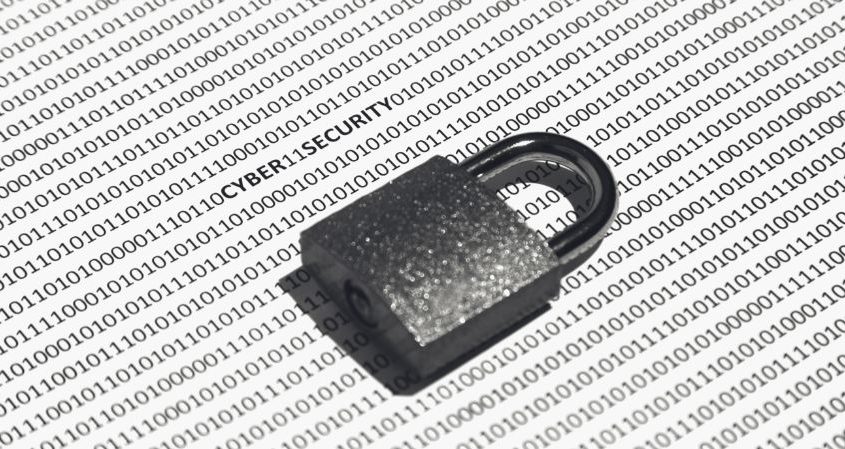Everything in Accordance with the Law, or Why SSL Certificates Are Still Necessary

When using the internet, it’s a good habit to check if there is a padlock icon before the address of the website you’re interested in – this is a sign of security and trustworthiness. This icon indicates that the domain has an SSL certificate, whose purpose is to secure the transmission of data online. The type of encryption enabled by using the HTTPS protocol guarantees that the data received from and sent to this website is fully secure and resistant to hacker attacks.
The absence of a padlock does not necessarily mean that a website is unsafe, as some online services do use encryption but are not properly certified.
Does current law require the use of SSL certificates?
According to current legal regulations, there is no obligation to use SSL encryption. Nevertheless, in certain situations, this solution is recommended. Legal provisions governing the processing and storage of personal data (the General Data Protection Regulation, GDPR) require domain owners to implement appropriate technological solutions to protect sensitive data. However, neither Polish nor EU legislators specify which particular solutions should be applied. While the GDPR, which came into effect on May 25, 2018, does not explicitly state that SSL certificates are mandatory, they are considered an optimal safeguard against data breaches. Other methods are permissible as well, including the data controller’s own solutions, provided they ensure an appropriate level of protection that meets legal requirements. Moreover, companies that do not comply with the GDPR risk facing very high financial penalties. Therefore, it’s worth investing in SSL certificates to properly protect clients’ sensitive data.
Who benefits from using SSL certificates?
From a user’s perspective, it would be ideal if every website had an SSL certificate, protecting users from the loss of personal data. However, there are certain groups of websites that must have these encryption certificates without exception. These primarily include websites of companies offering goods and services, since they hold sensitive customer information—such as names, addresses, phone numbers, bank account numbers, and more—that can be intercepted by third parties. Thus, having SSL certificates benefits not only customers but also the businesses themselves, which bear legal responsibility if sensitive data is lost. Additionally, a site equipped with a padlock icon, signifying a secure page, earns greater trust from customers and helps build a positive brand image.
Another group of website owners who should care about their users’ safety are those running online portals, forums, and sites looking to gain regular users. These often involve personal data being shared, for example, when creating accounts. To ensure user safety and foster trust, implementing SSL certificates seems essential. It’s worth noting that in today’s world—where information is easily accessible—users are increasingly aware and are likely to verify a site’s credibility and security before using it. The SSL certificate thus stands as a mark of security and a symbol of quality for an organization.
In conclusion, it’s worth using SSL encryption, as it increases the security level of websites and fosters the trust of internet users.
